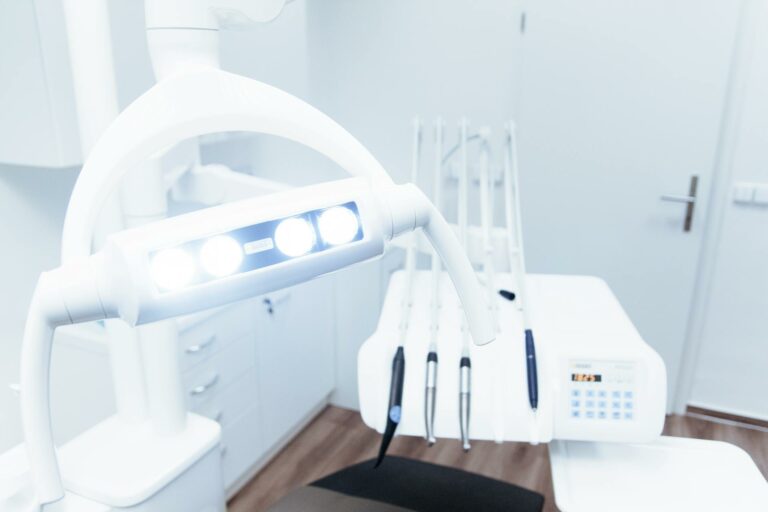5 Signs You Might Need to See a Dentist Sooner Than Later
A persistent toothache, often dismissed as a minor inconvenience, can be a sign of an underlying dental issue that requires professional attention. This discomfort may indicate tooth decay, a common problem where bacteria erode the enamel, leading to cavities. When decay penetrates deeper, it can expose the sensitive inner layers of the tooth, intensifying the pain. If left unchecked, the decay can progress into a more severe condition known as a dental abscess. An abscess is a painful infection at the root of the tooth or between the gum and tooth, characterized by swelling, pus, and sometimes fever. Immediate dental intervention is vital to prevent further complications and to alleviate the persistent pain that a toothache can bring.
Bleeding or Swollen Gums
While a persistent toothache may signal decay, bleeding or swollen gums often indicate another prevalent dental issue: gum disease. This condition, often overlooked in its early stages, can escalate if not addressed promptly. Poor oral hygiene is a leading cause, as inadequate brushing and flossing allow plaque to accumulate along the gumline. Over time, this plaque hardens into tartar, irritating the gums and leading to inflammation or bleeding. Regular dental check-ups and professional cleanings are essential in combating gum disease, as they help remove tartar and monitor gum health. Individuals should also maintain a consistent oral hygiene routine at home, including brushing twice daily and flossing, to reduce the risk of developing gum-related issues. Early intervention can prevent more severe dental problems.
Sensitivity to Hot or Cold
Why do some people wince at the mere thought of sipping hot coffee or biting into an ice cream cone? This discomfort often points to tooth sensitivity, a common issue indicating potential dental problems. When the outer protective layer of teeth, known as enamel, wears down, or gums recede, the underlying dentin becomes exposed. This exposure allows heat or cold to trigger nerves within the teeth, causing discomfort or pain. Effective dental care can help manage this sensitivity. A dentist may recommend special toothpaste or dental treatments to strengthen enamel and alleviate symptoms. Ignoring tooth sensitivity might lead to worsening dental issues, emphasizing the importance of timely dental consultations to address such discomfort and maintain overall oral health.
Unusual Spots or Sores in Your Mouth
Experiencing sensitivity to hot or cold beverages is not the only indicator of potential dental issues. Unusual spots or sores in the mouth can be a significant warning sign that warrants prompt dental evaluation. These abnormalities may appear as red or white patches, ulcer-like formations, or persistent sores. Such symptoms could indicate an increased infection risk or, more seriously, oral cancer. Early detection is vital, as oral cancer can be life-threatening if not treated promptly. Dentists are trained to identify these irregularities and can recommend appropriate interventions. Ignoring these signs could lead to complications, including severe infections or cancer progression. Regular dental check-ups provide an opportunity for professional assessment, reducing the risk of long-term oral health problems.
Loose or Shifting Teeth
Noticing a tooth that feels loose or appears to be shifting can be alarming and is a critical indicator that dental attention is needed. Tooth mobility is often linked to underlying issues such as gum disease, which can cause deterioration of the supporting structures of teeth. As gums become inflamed and recede, they fail to hold teeth firmly in place, leading to increased mobility. This situation is particularly concerning as it can progress to tooth loss if not addressed promptly. Additionally, shifting teeth may be a sign of bone loss, which can further exacerbate the problem. Seeking professional dental care is essential to diagnose the underlying cause and implement appropriate treatment. Early intervention can prevent further complications and preserve oral health effectively.
Frequently Asked Questions
How Often Should I Visit the Dentist for a Regular Check-Up?
One might wonder about dental appointment frequency. Generally, visiting the dentist every six months is recommended. This routine underscores the preventive care importance, addressing potential issues early and maintaining ideal oral health before problems arise.
Can Poor Oral Health Affect My Overall Health?
Poor oral health can markedly impact systemic health. Gum disease, for instance, is linked to conditions like heart disease and diabetes. Ignoring oral hygiene could consequently have far-reaching effects beyond the mouth, necessitating timely dental interventions.
What Are the Signs of Oral Cancer?
Oral cancer signs include persistent mouth sores, difficulty swallowing, and unexplained oral bleeding. Risk factors encompass tobacco use, alcohol consumption, and HPV. Individuals noticing these oral symptoms should consult a healthcare professional for evaluation and possible diagnosis.
How Can Diet Impact My Dental Health?
A person’s diet considerably influences dental health. High sugar intake and frequent consumption of acidic foods can erode enamel, leading to cavities and gum disease. Maintaining a balanced diet supports oral hygiene and prevents dental issues.
Are Dental X-Rays Necessary and How Often Should They Be Done?
Dental x-rays frequency varies based on individual needs, typically every 1-2 years. X-ray safety is enhanced by modern technology, minimizing radiation exposure while effectively aiding in the detection of dental issues not visible during a routine exam.







